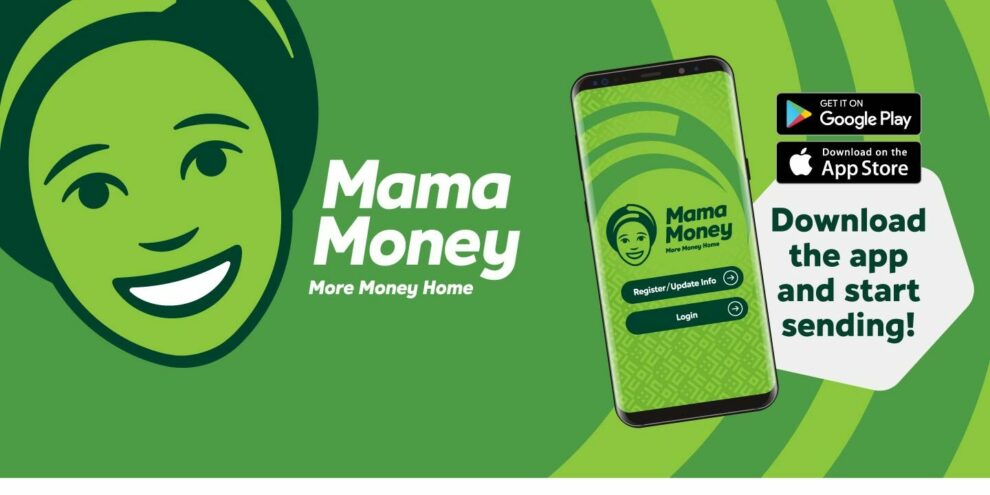South African fintech company Mama Money has launched an innovative WhatsApp-powered bank card through a strategic partnership with retail giant Pick n Pay and Access Bank. This initiative represents a significant step forward in making banking services accessible to traditionally underserved populations in South Africa.
The new banking solution is specifically designed to overcome common barriers to financial inclusion, such as geographical isolation, lack of documentation, and prohibitive banking fees. By leveraging WhatsApp’s widespread adoption and accessibility, Mama Money has created a banking solution that brings financial services directly to users’ mobile phones, regardless of their location or traditional banking status.
The card’s functionality extends well beyond basic banking services. Users can perform a comprehensive range of financial transactions through WhatsApp, including airtime and electricity purchases, cash deposits, balance inquiries, and instant card freezing for security purposes. The solution also supports both online and physical purchases, ATM withdrawals, and international money transfers to over 70 countries, making it a versatile tool for comprehensive financial management.
The pricing structure has been designed with accessibility in mind. The card carries an initial cost of R99 and a monthly maintenance fee of R25, with new subscribers in November receiving their first month of service free. International money transfers are subject to fees of up to 5%, varying by destination country. This pricing model aims to balance accessibility with sustainable service provision.
Deven Moodley, a representative from Pick n Pay, emphasizes the transformative potential of this initiative for South Africa’s unbanked population. The partnership with Pick n Pay provides a practical distribution network, with cards available for collection at select branches in major urban centers including Johannesburg, Cape Town, and Durban. This physical presence complements the digital nature of the service, ensuring accessibility for users who might prefer face-to-face interactions when initiating their banking relationship.
The integration with WhatsApp is particularly significant given the messaging platform’s ubiquity in South Africa. By building on this familiar technology, Mama Money removes the technological barriers that often discourage potential users from adopting new financial services. The ability to manage all banking functions through WhatsApp makes the service particularly attractive to users who might be intimidated by traditional banking apps or interfaces.
The security features of the card demonstrate Mama Money’s commitment to protecting users’ financial assets. The instant freeze capability provides users with immediate control over their funds in case of loss or theft, addressing a key concern for those new to formal banking services. This feature, combined with the ability to monitor transactions in real-time through WhatsApp, creates a secure and transparent banking environment.
The international money transfer capability is particularly noteworthy, as it addresses a crucial need in South African communities where many residents support family members abroad. The ability to send money to over 70 countries through a WhatsApp-based interface simplifies what can often be a complex and expensive process through traditional channels.
This initiative represents a significant evolution in South Africa’s financial services landscape, where traditional banking infrastructure has often struggled to serve remote or underprivileged communities effectively. By combining digital accessibility with physical presence through Pick n Pay’s retail network, Mama Money has created a hybrid model that could serve as a template for financial inclusion initiatives in other developing markets.
The success of this initiative could have far-reaching implications for financial inclusion across Africa, where similar challenges of banking access and infrastructure limitations exist. The model’s reliance on widely available technology and existing retail networks makes it potentially replicable in other markets facing similar financial inclusion challenges.
As this service rolls out across South Africa, its impact on financial inclusion and economic participation will be closely watched by fintech companies and traditional financial institutions alike. The initiative’s success could herald a new era in accessible banking services, where technology bridges the gap between traditional financial institutions and underserved communities.
















Add Comment